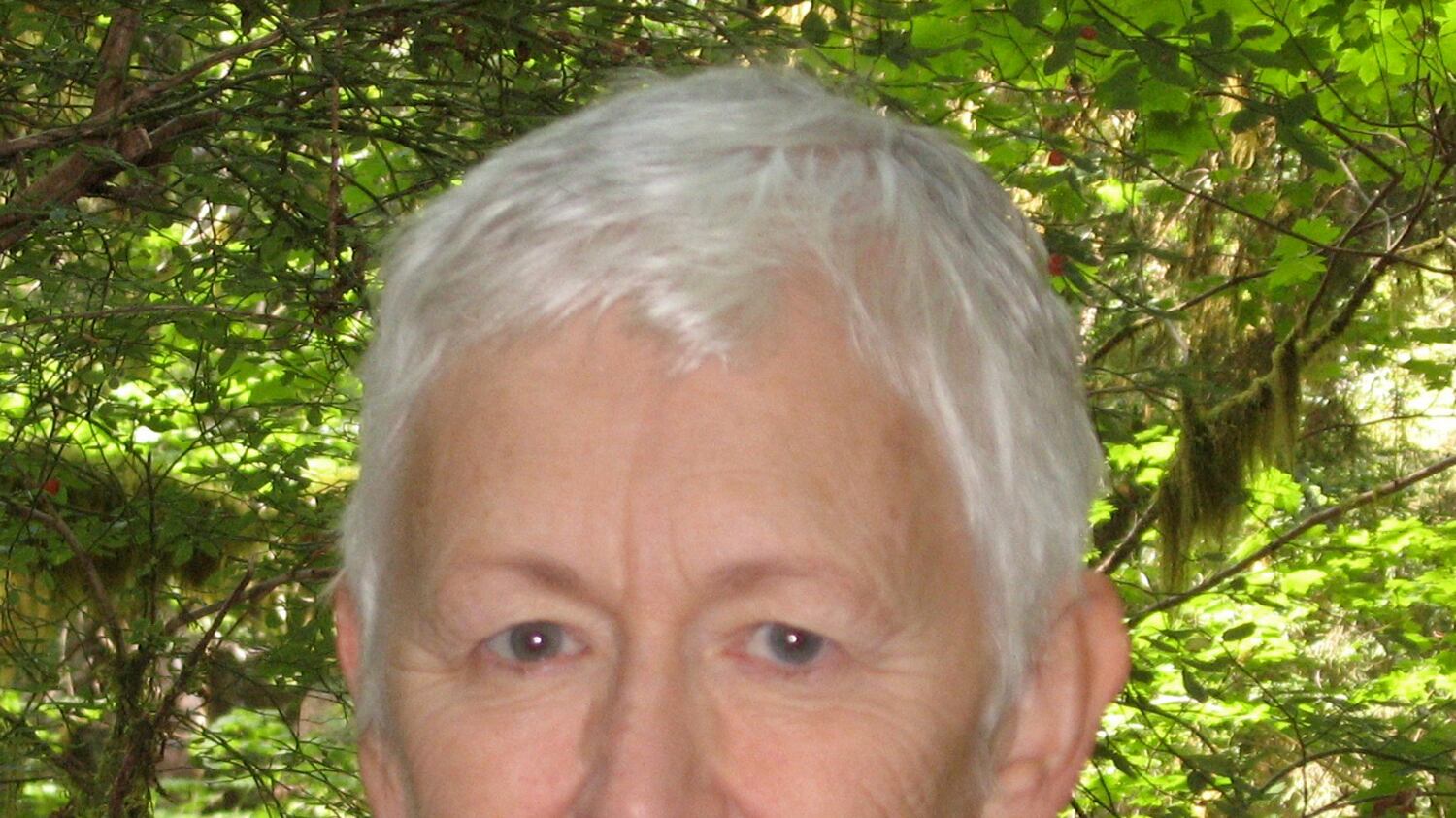Prior to Oregon reestablishing the state poet laureate back in 2006, Willamette Week invited readers to nominate their choice for state bard. While many of Portland’s poets garnered enthusiastic votes, it was Judith Barrington’s name that filled the WW online comment box and mail bag, quickly becoming the people’s obvious choice for Oregon’s poet.
Barrington, now 80, founded her reputation as a serious poet with two early books: Trying to Be an Honest Woman (1985) and History and Geography (1989). But she arrived on Portland’s writing scene after establishing herself locally in both the feminist and gay and lesbian movements throughout the late ‘70s. In 2000, Barrington’s first book of memoir, Lifesaving, was published, demonstrating her command of an entirely different literary form. Lifesaving is predicated on two lives that could not be saved, which became the signal event that haunts both Barrington and her writing: the drowning of her parents in the Lakonia ship disaster in 1963.
Barrington charts the resulting “numb years” as a 19-year-old woman unable to process her parents’ absence. First in her native Britain and then in Spain, Barrington, unmoored by grief, manages to exist and even thrive through improvisational survival techniques and happenstance. Lifesaving ends with her allowing herself to live with the weight of past events.
Rather than a contained memoir bracketed by the sea and losses, Barrington’s new book, Virginia’s Apple (OSU Press, 240 pages, $24.95), is a memoir of fragments, fugitive events and meetings, from her parents’ tragedy to the present, that coalesced into making her a writer.
Barrington, again marshaling her ghosts, connects these pieces into a riveting biography, through her keen, associative intelligence and wry humor. It’s not necessary to read Lifesaving to understand Virginia’s Apple, though there are stealth gestures back to the former that expands one’s appreciation for both works. Perhaps the greatest revelation in Virginia’s Apple is that Barrington’s first great love in Lifesaving, Sophia, was in reality Barrington’s aunt by marriage, Nicolette Barrington. This semi-incestuous affair was impossible to explore in Lifesaving, as Nicolette was living.
The Virginia in Barrington’s title is Virginia Woolf, who looms in Barrington’s books like a totemic figure. Woolf’s diaries, novels (particularly The Waves), and life, which also ended in drowning, are there as bedrock for Barrington before she becomes a writer. Prior to that, though, there is the tempestuous relationship with
Nicolette and a misguided marriage, which Barrington describes as entering “into the dead air of my new closet.” Chance adverts for feminist consciousness-raising groups in London finally propel Barrington toward the gaining of wisdom, equilibrium, and a voice. It also frees her to come out as a lesbian.
In the hothouse atmosphere of ‘70s political radicalism, it was these women who helped create a writer fully engaged with the culture and politics surrounding her, and it was among these women that Barrington would meet significant lovers, one of whom would lead her to America. Barrington writes that she had never heard of Oregon before landing in Portland in 1976. Yet, she was immediately dazzled: “I was becoming intrigued with Portland which, at the time, had a greater percentage of lesbians per capita than any city in the United States...what with lesbian bars and women-only concerts and softball teams, it was almost possible to live in an entirely female world.” Barrington established herself as a liaison between local feminists and gay and lesbian groups, whose goals did not always mesh. In that fecund era of women’s writing, of Audre Lorde, Susan Griffin, and Marge Piercy, it was the poet Adrienne Rich who recognizes that the drowning of Barrington’s parents was indispensable for her poetic voice. “Now, in my mid-thirties,” Barrington writes, “feeling foolish for having taken so long, I was beginning to wade into my grief.” Together with her life partner, Ruth Gundle, they founded the vital writing program, Flight of the Mind (a phrase of Woolf’s). Barrington, in finding her own voice, invited other women to discover theirs.
Toward the end of the title chapter of Virginia’s Apple, Barrington, standing on the shore of Lesbos, recalls Sappho’s lines in Mary Barnard’s great translation: “You may forget but/Let me tell you/this: someone in some future time/will think of us.” Virginia’s Apple will ensure that this is true of Judith Barrington’s life.
SEE IT: Attend Virginia’s Apple book launch at Broadway Books, 1714 NE Broadway, broadwaybooks.net. 6 pm Wednesday Sept. 18. Free.

